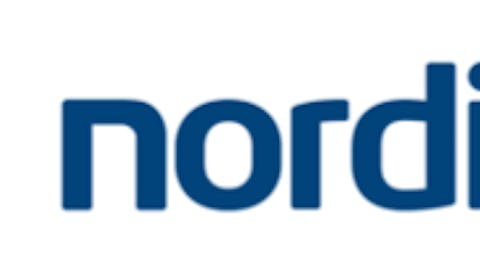China Cord Blood Corp (NYSE:CO) operates stem cell storage facilities in China and has delivered strong growth over the past year. However, the stock price has not reflected this growth. KKR & Co. L.P. (NYSE:KKR) took a 24% stake in China Cord Blood Corp (NYSE:CO) for $270 million last year and could look to increase the size of its ownership position in the company or engage in a buyout.
China Cord Blood Corp (NYSE:CO) engages in the provision of umbilical cord blood storage and other related services in China. It conducts cord blood testing, processing and storage. It does lab testing, hematopoietic stem cell processing, and storage of stem cells. The company tests, processes, and stores cord blood and also provides a matching service. Its cord blood banks are located in Beijing, Guangdong, and Zhejiang provinces.
Trends are positive for long-term growth
The stem cell storage industry is still relatively small in China. Stem cells have the potential to treat immune and blood disorders as well as certain cancers. Only around 1% of births utilize storage services from a company like China Cord Blood Corp (NYSE:CO), whereas in Hong Kong, 15% use this service and 22% in Taiwan. As the average Chinese consumer’s disposable income rises, utilization of stem cell storage should rise and start to reflect levels in wealthier parts of the region. In addition, the one child policy in China can also help drive industry growth with increased importance and spending focus on a single child. Stem cell storage is a more likely use of an incremental disposable income because of the one child policy.
Cord Blood is currently working to secure licenses in three additional provinces in China to expand its geographic footprint. This would accelerate already strong revenue and earnings growth at the firm. Revenue increased 12% in 2012. It is also very noteworthy that it has exclusive rights to the Chinese provinces where it already operates.
Analyst estimates currently reflect flat earnings growth in FY13 and FY14. The company did benefit from a Dragon Year boom in babies that led to above average subscriber growth for its services. Management expects subscriber growth to decline now in the year of the Snake. Revenue is expected to increase by about 25% in FY13 and close to 10% in FY14 according to analyst estimates.
KKR & Co. L.P. (NYSE:KKR) has had success with its Asia-focused buyout fund. Its first fund, $4 billion in size, has produced an annual IRR of 14%. It is in the process of finishing a capital raising exercise of $6 billion for a second Asia fund. Carlyle Group LP (NASDAQ:CG) has not enjoyed the same level of success, as its company overall lost $575 million last year. Carlyle Group LP (NASDAQ:CG)’s earnings dropped 94% last year. Its revenue remained relatively stable in the same time period. KKR & Co. L.P. (NYSE:KKR) has focused on China, which has accounted for 50% of the deals since 2009. Carlyle Group LP (NASDAQ:CG) has had some focus on China too, but maybe, they should increase their emphasis.
Conclusion
Given KKR & Co. L.P. (NYSE:KKR)’s focus on China and what looks like an attractive valuation, there is a chance it increases its stake in China Cord Blood Corp (NYSE:CO), which would benefit holders of the stock. Even if KKR & Co. L.P. (NYSE:KKR) decides to just maintain its current level of ownership, the stock looks attractive. Geographic expansion and a growing market should continue to drive strong revenue and earnings growth. This should translate into a higher share price.
Mike Thiessen has no position in any stocks mentioned. The Motley Fool has no position in any of the stocks mentioned.
The article A Steady Growth Outlook Is Not Fully Reflected in This Company’s Share Price originally appeared on Fool.com.
Mike is a member of The Motley Fool Blog Network — entries represent the personal opinion of the blogger and are not formally edited.
Copyright © 1995 – 2013 The Motley Fool, LLC. All rights reserved. The Motley Fool has a disclosure policy.


